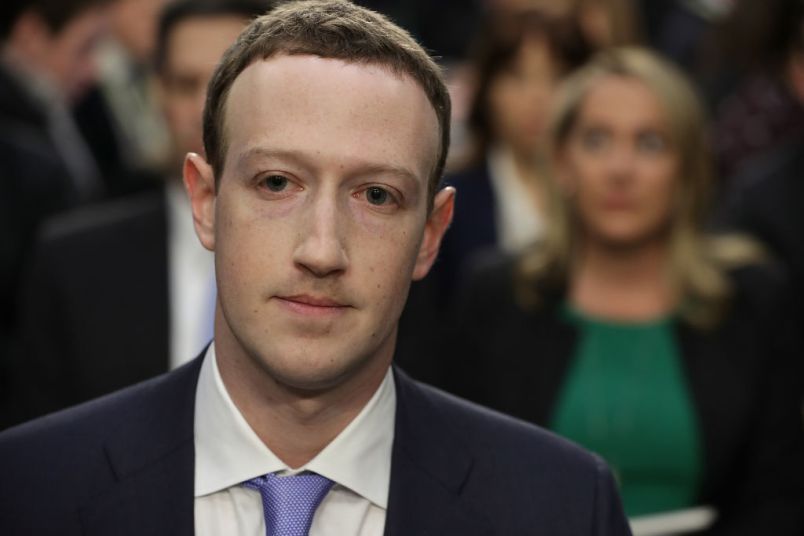Here’s a write-up of the Facebook’s market sell-off. The value of the company dropped by roughly $120 billion today, about 20%. In the write-up, Bloomberg’s Shira Ovide asks what happened and specifically how this all caught investors and apparently Facebook itself so off-guard.
She considers four possibilities. 1) Facebook didn’t clearly warn investors. 2) Investors didn’t take the hints. 3) Facebook is being overcautious intentionally. 4) Something is seriously wrong with Facebook. She concludes: “I lean toward this explanation [#4], with sprinkles of the first three. I tend to believe Facebook was caught off guard because of the simultaneous deterioration of user growth, particularly in the U.S. and Canada, which generate most of its revenue; in its revenue growth rate and expectations for a further slowdown; and in its profit-margin forecast.”
One key point Ovide makes is that there’s evidence Facebook is gunning the engines on its junior property, Instagram, to compensate for problems on the main platform. The Instagram purchase turns out to have been an extremely good investment. To follow up on the reporting I discussed in this morning’s piece, some of the buyers who told me they were moving away from Facebook as quickly as they could told me they were moving some of that inventory to Instagram. Still, if Facebook is reeling and Instagram is growing, that’s still going to be net very bad news for Facebook.
Key drivers of this sell-off include: daily active users have eroded significantly over the last year or so; there seem to be problems in Europe because of GDPR. But what surprises me is how relatively little explicit focus there is on what I assume is the biggest problem: declining ad efficiency.
They say a little knowledge is a dangerous thing. Sometimes only having insight in one area helps you make generalizing statements that are harder if you have to grapple with the full scope of a complex ecosystem. But for me I come back to a core issue. Facebook makes virtually all its revenue from advertising. There’s significant evidence that the efficiency of its ads (which is their fundamental value) is dropping significantly. I don’t see any way you can play with, rearrange or reimagine those two facts and not come out with a real problem for the company. I argue that the declining efficiency is tied to what we might call the forced de-sleazing of data practices. But that surmise is almost secondary. If you make virtually all your revenue from one product (advertising) and the fundamental value of that product (ad efficiency) is declining, that’s a fundamental business model challenge.
It’s true that that calculus is different if the relative value started off very high relative to competitors. It’s also key if you have almost infinite inventory. But Facebook’s market capitalization and investor expectations factor all those things in. And what we’ve discussed here doesn’t even get into what seems to be a significant drop off in the number of people using Facebook. I still get the sense that industry types haven’t sufficiently factored in the full challenges to the core business model.






